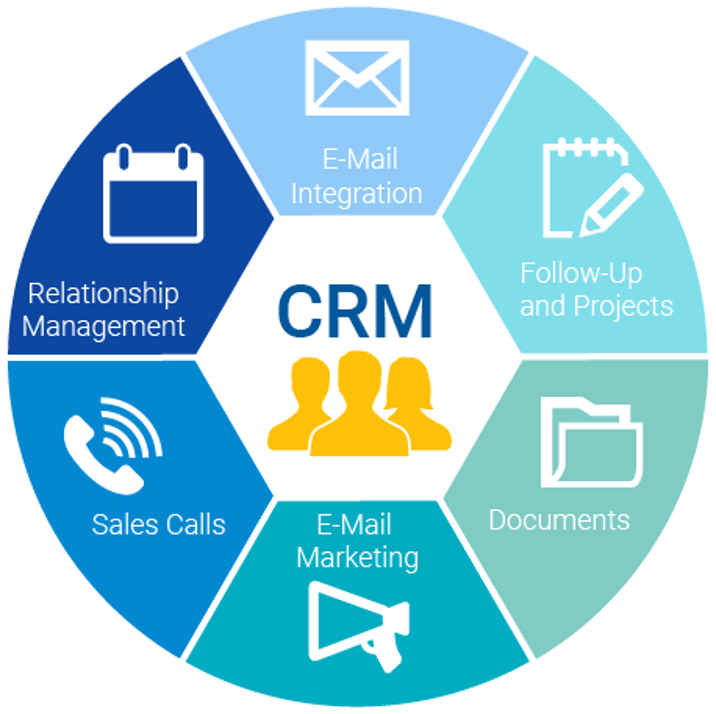
What Is Cloud eCommerce and How It Works?
E-commerce is a type of business that deals with selling goods and services over the Internet.
This area is very diverse: in addition to online sales itself, it includes the broad categories of Internet banking, which deals with online transactions, and Internet marketing, which includes advertising and actions aimed at increasing conversion.
What is Cloud eCommerce?

Cloud e-commerce is an e-commerce solution that leverages cloud technologies for enhanced scalability and rapid feature deployment. It utilizes a cloud-based architecture comprising containerized microservices, connected to cloud data storage and analytics tools. Integration with e-commerce-specific cloud services, such as search engines and personalization engines, is common.
The advantages of adopting cloud technology in e-commerce include isolated development of microservices, fail-proof scalability, high availability (99.99%), consistent app performance regardless of traffic, and cost-effectiveness through usage-based pricing. The architecture emphasizes microservices for flexible development, multi-availability zones for optimal connectivity, auto-scaling to adjust computing capacity, and cloud-native tools for personalized communication and data analytics.
Companies that have successfully implemented cloud e-commerce solutions are very different:
- Amazon is one of the most prominent examples of cloud e-commerce. The company pioneered cloud computing with its Amazon Web Services (AWS) platform. Amazon uses its own cloud infrastructure to power its vast online marketplace.
- Shopify has emerged as a widely renowned cloud-based e-commerce platform that empowers businesses, regardless of their size, to effortlessly create and oversee their online stores.
- Etsy is an online marketplace that focuses on handmade and unique products. It utilizes cloud e-commerce to facilitate transactions between independent sellers and buyers.
- Warby Parker is a direct-to-consumer eyewear brand that revolutionized the industry with its cloud e-commerce approach. Its platform allows customers to virtually try on glasses, select frames, and complete their purchases securely.
- ASOS is a global fashion retailer. The company utilizes cloud infrastructure and services to handle high website traffic, manage product catalogs, and process orders from customers worldwide.
Cloud e-commerce has become incredibly popular. For example, statistics show that there are 5,233 live stores running on the Salesforce Commerce Cloud in June 2023.
How Does Cloud eCommerce Work?
Let’s dive into a detailed explanation of how cloud e-commerce works, along with some real-life examples.

Infrastructure
Cloud e-commerce relies on the robust infrastructure provided by leading cloud services providers like Amazon Web Services (AWS), Microsoft Azure, or Google Cloud Platform. These providers furnish a vast array of servers, storage resources, and networking components that can be accessed on demand. Businesses can opt for the infrastructure that best suits their requirements, including the geographical regions where their e-commerce applications and data will be hosted.
E-commerce Platform
Businesses typically leverage specialized e-commerce platforms or Content Management Systems (CMS) designed explicitly for online retail. These platforms serve as the foundation for constructing and administering e-commerce websites, product catalogs, shopping carts, payment gateways, and other critical features. Prominent examples include Shopify, Magento, WooCommerce, and BigCommerce. These platforms can either be directly hosted on cloud infrastructure or offered as a Software-as-a-Service (SaaS) solution by the platform providers.
Scalable Architecture
Cloud e-commerce capitalizes on a scalable architecture to accommodate varying levels of website traffic and demand. It commonly adopts a microservices-based architecture, where different functions or modules of the e-commerce system are divided into small, autonomous services. These microservices can be independently scaled up or down based on demand, ensuring optimal performance and efficient resource utilization.
Data Storage and Analytics
Cloud e-commerce leverages cloud-based data storage solutions such as databases or object storage services to store product information, customer data, and transaction records. Cloud data storage offers scalability, reliability, and accessibility from anywhere. Additionally, cloud analytics tools enable businesses to derive valuable insights from large volumes of data, empowering them to understand customer behavior, identify sales trends, and optimize marketing strategies.

Integration with Third-Party Services
Third-party services can be easily integrated with cloud e-commerce. This allows you to increase the number of functions and ensure uninterrupted customer service. These include payment gateways, delivery service providers, inventory management systems, customer relationship management (CRM) software, marketing automation tools, and more.
Security and Compliance
Cloud e-commerce places the greatest priority on security precautions in order to safeguard confidential client data and ensure privacy during transactions. Cloud companies implement tough security measures including encryption, firewalls, and access controls to avoid unauthorized access to data. They also follow guidelines established by the sector, such as the Payment Card Industry Data Security Standard (PCI DSS), to ensure secure payment processing.

Continuous Updates and Maintenance
Cloud e-commerce offers the advantage of automatic updates and maintenance. Cloud providers regularly release updates and patches to enhance security, performance, and functionality. These updates are seamlessly applied to the e-commerce platform without necessitating manual intervention from businesses. As a result, businesses remain up-to-date with the latest features and security measures, providing an enhanced user experience. For instance, platforms like Magento offer regular updates that include bug fixes, new features, and performance improvements.
Summing up, we can say that cloud technologies are increasingly used in the e-commerce sector. According to a study conducted by Forbes, more and more companies are choosing cloud solutions. Everything happens because this technology provides a scalable, flexible, and reliable infrastructure. It has many advantages that companies use.






















